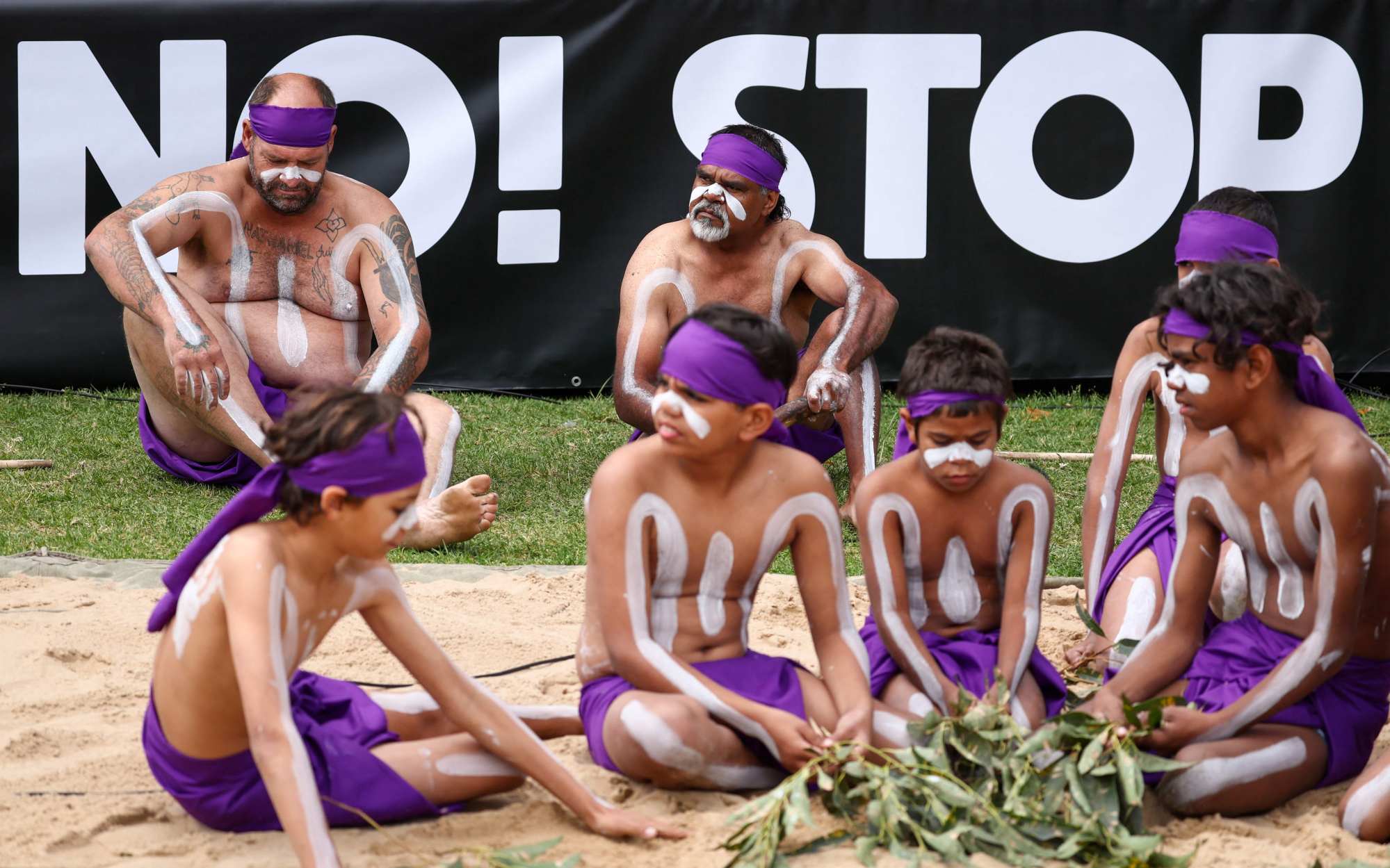
Australia’s ‘no’ vote a slap in the face for its indigenous people
- Referendum result shows a country still unreconciled with its brutal colonial history and the legacies of the First Peoples’ disadvantage and prejudice
But in Australia, there was no treaty with the indigenous people. British settlers took the continent by force, asserting that Australia was terra nullius, “nobody’s land” – negating an indigenous presence estimated to stretch back 65,000 years.
Australia’s constitution reflected these sentiments. Until 1967, it banned laws on indigenous people and excluded them from the census.

In recent decades, Australia has been groping towards a more just settlement with its First Peoples, who comprise almost 4 per cent of the population. A 1992 landmark court judgment held that indigenous land rights had survived British colonisation. In response, the government introduced legislation to recognise and protect “native titles” to land.
But these have not overcome the entrenched indigenous disadvantage. Among other disparities, the life expectancy of indigenous Australians is more than eight years lower than for the non-indigenous. Young indigenous men are more likely to go to prison than to university.
The referendum was to have been the next step in overcoming this troubling status quo. The proposal fused symbolic and practical responses to the legacy of indigenous dispossession. It would have amended the constitution to recognise “Aboriginal and Torres Strait Islander peoples as the First Peoples of Australia” and to create a body, the “Voice”, to make representations to the parliament and government on indigenous matters.
Comparisons with the Brexit referendum have been unavoidable. Here too, expert opinion and major institutions have been overwhelmingly on one side, with populist rabble-rousing and “alternative” facts on the other.
“No” campaigners trafficked in risible claims that judges would shut down the government until the Voice had had its say on policy. Some simply denied that colonisation had any negative impact on indigenous people.

Conspiracy theories ran rampant on social media: if “yes” won, indigenous people would repossess suburban backyards and force white Australians to “pay the rent”; the Voice would raise taxes and enforce racial apartheid. Prominent indigenous citizens received vile abuse, even death threats.
In that earlier campaign, republicans were split between those who supported the proposal for a president appointed by parliament and those holding out for a directly elected president. Royalists encouraged the latter group to vote “no” on the promise of another referendum in a few years.
Almost a quarter of a century later, Australia is minting new coins with King Charles III’s head on them. Indigenous reconciliation has been kicked into the long grass.

Rejection of the modest and moderate “Voice” model may embolden more extreme voices across Australia. Internationally, the referendum result undercuts the government’s efforts to present a more diverse and reconciled face to the region.
If there is any hope, it is that younger people seemed far more likely to vote “yes”. The commitment of younger generations will be vital to the quest for justice for Australia’s indigenous peoples in the years ahead.
Stephen Minas is professor of law at Peking University School of Transnational Law


